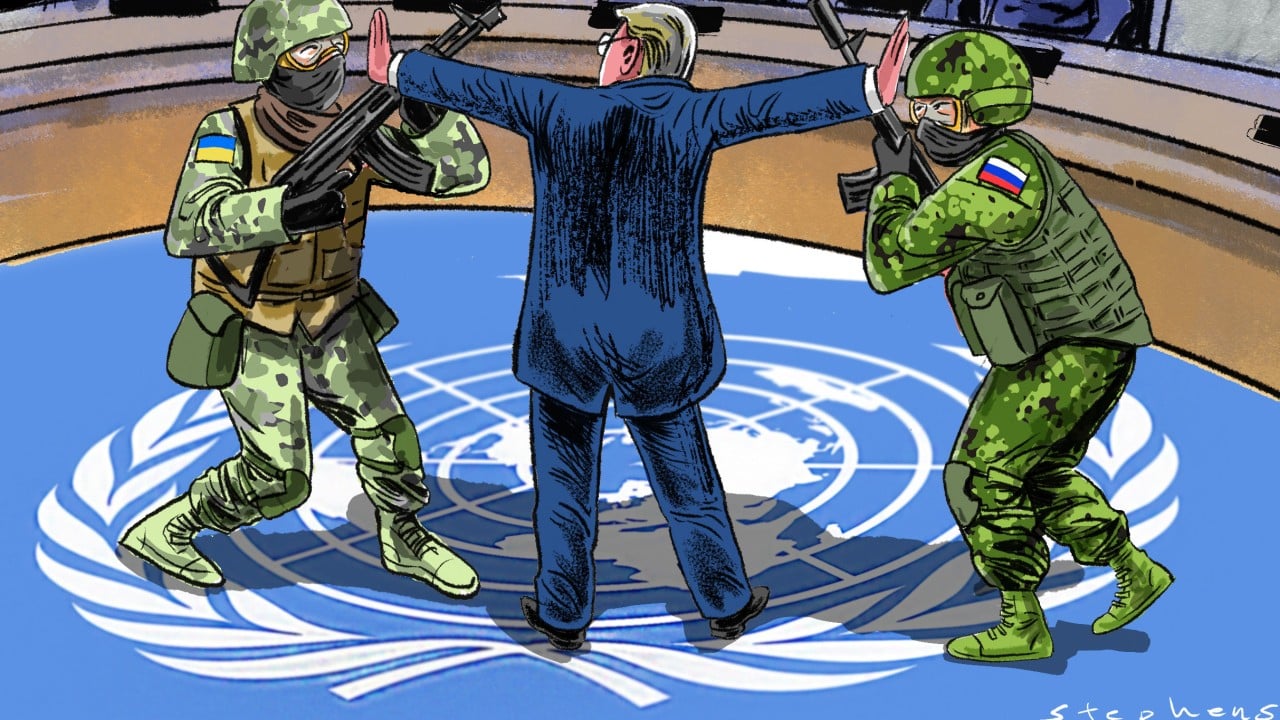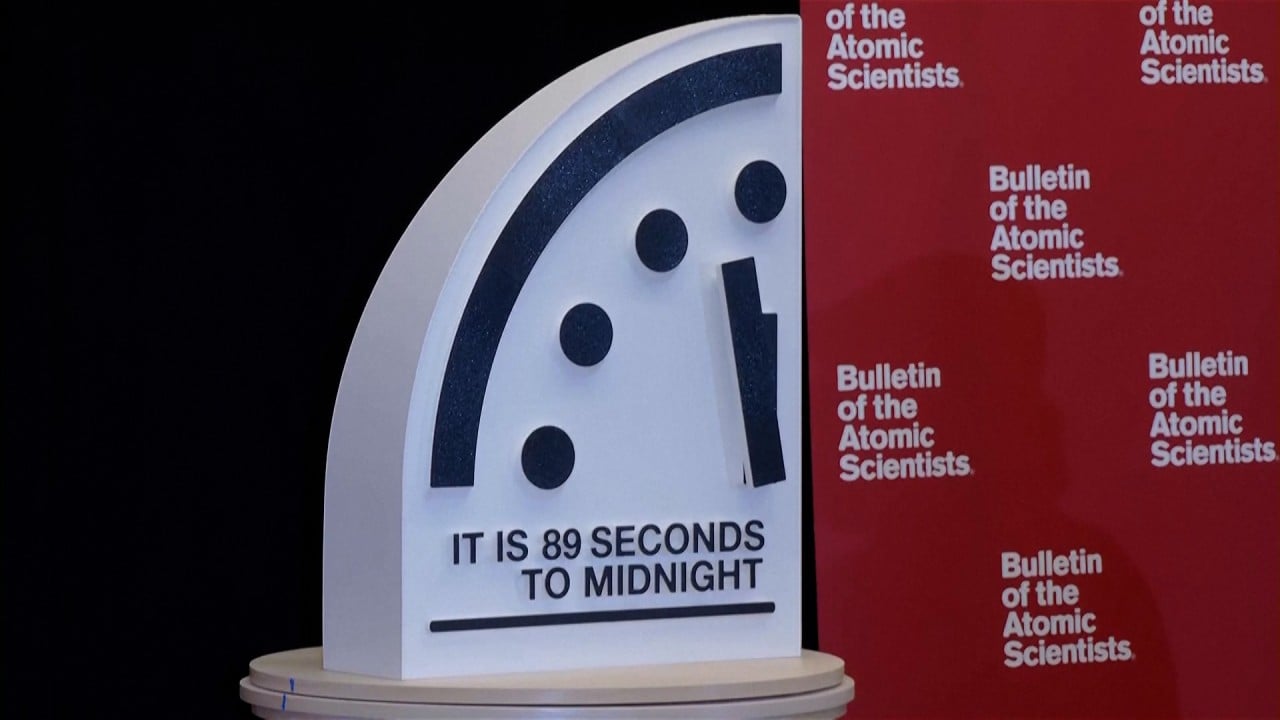This year marks the 80th anniversary of Japan’s surrender in World War II and the founding of the United Nations. Humanity learned with great pain that peace and security must coexist for all nations, and the vicious circle of war must not be repeated.
Advertisement
In 1941, the United States imposed an oil embargo on Japan in response to its expansion in Asia and invasion of French Indochina. For the US and its allies, Japan’s militant aggression was a blatant violation of peace; for Japan, the embargo was an existential threat. Japan retaliated with a pre-emptive attack on Pearl Harbour, which led to the US declaration of war. The vicious circle of war ended with the atomic bombings of Hiroshima and Nagasaki in 1945.
The Russian war in Ukraine is not the same as the Japanese war in Asia and the geopolitical context is vastly different. But despite an 80-year gap, the lesson from the second world war continues to hold true.
Geopolitics is complex; not so the basic tenets of the UN Charter, which unequivocally sets out four purposes and seven principles. The United Nations’ first purpose is to “maintain international peace and security”, and its first principle is “the sovereign equality of all its members”.
The Ukraine peace process should begin by going back to the origins of the UN, and this warrants a balanced assessment of “peace” and “security” on the basis of “sovereign equality”. In contrast, the Cold War zero-sum paradigm, anchored in unilateral sanctions and lethal weapons, risks pushing the world closer to war.
The Doomsday Clock, set by the Bulletin of the Atomic Scientists, is 89 seconds to midnight, the closest to doomsday since its inception in 1947. In other words, the world has never been closer to a catastrophe since the end of World War II.


